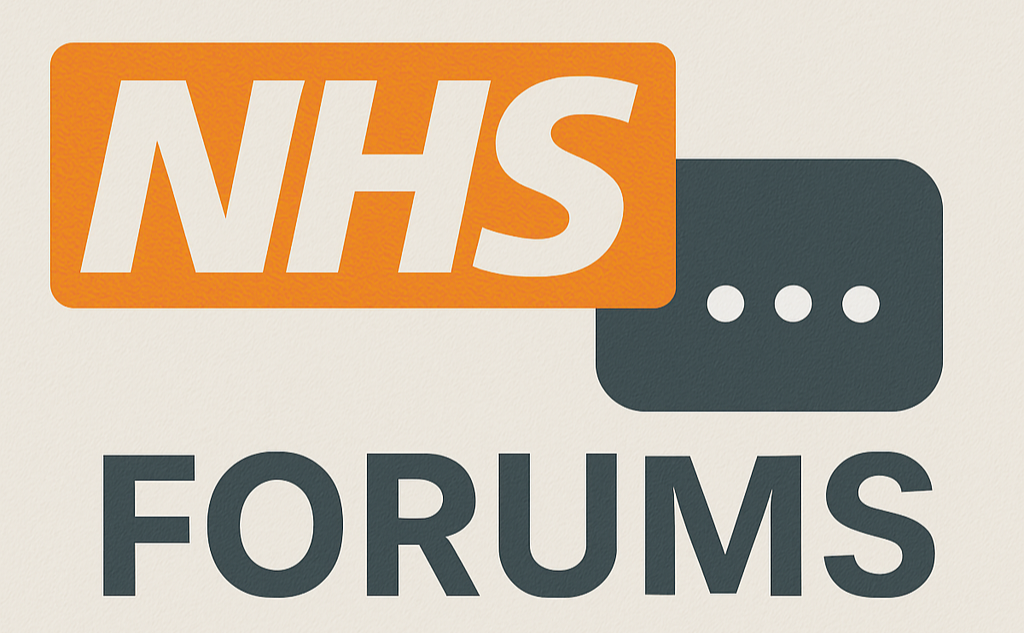Reply to: What evidence is required to justify the NHS Health Check programme?

Medications that reduce blood pressure and cholesterol are among the most cost-effective healthcare interventions available, but their delivery remains suboptimal. In 2009, the National Health Service (NHS) Health Check was introduced to increase the detection and treatment of major cardiovascular risk factors in people aged 40–74 years. In a prospective observational study using the UK Biobank, we compared health outcomes between NHS Health Check attenders and matched non-attenders. Attenders exhibited higher early rates of new hypertension, hyperlipidaemia, and chronic kidney disease, followed by significantly lower long-term multi-system disease and mortality. A recent critique of our work raises questions regarding observational design limitations, self-selection bias, and discrepancies with randomised controlled trials (RCTs). However, RCTs face ethical and feasibility challenges in large-scale public health interventions and are not immune to self-selection. Furthermore, the argument that self-selection explains our findings is inconsistent with our results. If healthier individuals were disproportionately attending NHS Health Checks, we would expect lower risk across all outcomes. However, we observed an initial increase in new diagnoses suggesting that NHS Health Checks are detecting pre-existing conditions earlier rather than merely attracting healthier individuals. Additionally, the cited RCTs predate modern antihypertensive and statin treatments, and considered heterogenous non-validated interventions. In summary, this critique relies on selective citation of outdated and inappropriate RCTs, an overstatement of selection bias, and an underappreciation of the role of observational research in shaping public health improvements. Our findings indicate that NHS Health Checks contribute to the prevention of multi-system morbidity and mortality, warranting continued investment.
Continue reading this article about Reply to: What evidence is required to justify the NHS Health Check programme?
by BioMed Central
NHS Forums - For daily discussion by NHS Staff.
Medications that reduce blood pressure and cholesterol are among the most cost-effective healthcare interventions available, but their delivery remains suboptimal. In 2009, the National Health Service (NHS) Health Check was introduced to increase the detection and treatment of major cardiovascular risk factors in people aged 40–74 years. In a prospective observational study using the UK Biobank, we compared health outcomes between NHS Health Check attenders and matched non-attenders. Attenders exhibited higher early rates of new hypertension, hyperlipidaemia, and chronic kidney disease, followed by significantly lower long-term multi-system disease and mortality. A recent critique of our work raises questions regarding observational design limitations, self-selection bias, and discrepancies with randomised controlled trials (RCTs). However, RCTs face ethical and feasibility challenges in large-scale public health interventions and are not immune to self-selection. Furthermore, the argument that self-selection explains our findings is inconsistent with our results. If healthier individuals were disproportionately attending NHS Health Checks, we would expect lower risk across all outcomes. However, we observed an initial increase in new diagnoses suggesting that NHS Health Checks are detecting pre-existing conditions earlier rather than merely attracting healthier individuals. Additionally, the cited RCTs predate modern antihypertensive and statin treatments, and considered heterogenous non-validated interventions. In summary, this critique relies on selective citation of outdated and inappropriate RCTs, an overstatement of selection bias, and an underappreciation of the role of observational research in shaping public health improvements. Our findings indicate that NHS Health Checks contribute to the prevention of multi-system morbidity and mortality, warranting continued investment.
Continue reading this article about Reply to: What evidence is required to justify the NHS Health Check programme?
by BioMed Central
NHS Forums - For daily discussion by NHS Staff.

